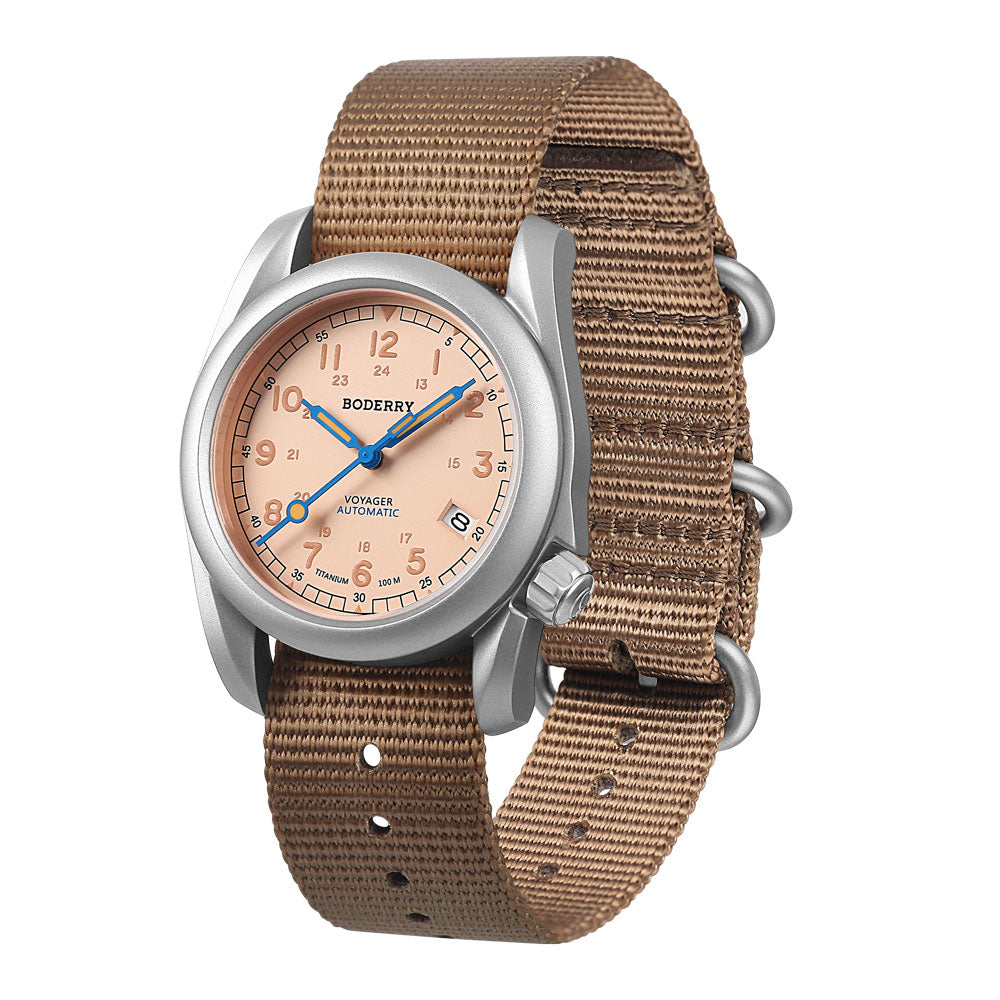
Exploring a Popular Trend: Why Have Salmon Dial Watches Become So Popular in the Past Two Years?
|
Tempo di lettura 2 min
Carrello
Il tuo carrello è vuoto

|
Tempo di lettura 2 min
In the high-end wristwatch consumption market over the past few years, watches with blue dials have undeniably been the most coveted among popular choices. These timepieces often command significantly higher prices compared to their counterparts with slight differences solely in dial color. This phenomenon is notably evident with renowned models such as the AP Royal Oak, Lange 1, and Rolex Datejust.
Traditionally, blue and black have been the quintessential dial colors, but blue has gained even more prominence in recent years. As the most prominent feature of a watch, the color of the dial immediately catches the consumer's attention. Even minor trends can trigger substantial financial interest, resulting in significant price disparities, prompting us to question whether these investments are truly worthwhile.
Shifting our focus to the watch collecting market unveils a distinct scenario—a phenomenon that watch enthusiasts covet even more than the blue dial—the salmon dial.


First and foremost, it's essential to clarify that the term "Salmon Dial" initially emerged not from watch manufacturers themselves, but from watch collectors, eventually becoming widely recognized.
Contrastingly, the official nomenclature from brands for such dial colors varies—Pink, Copper, Rose Gold, Glowing Copper, Golden Opaline... Each name is distinct, yet within enthusiast circles or auction houses, the label "Salmon Dial" is inescapable.
Furthermore, in the eyes of collectors, the definition of a dial that qualifies as "salmon" is akin to the famous soliloquy from Hamlet, with each individual harboring their own criteria. Perfectionists assert that only a hue reminiscent of succulent salmon flesh deserves the distinction. Those embracing inclusivity consider shades like pink-orange and rose gold as part of the salmon spectrum. While the unencumbered classify even pink and rose gold as "Salmon" and find joy in the fluidity of this concept.
In watchmaking, transitioning from yellow to red gold is classified into five hues, ranging from 1N to 5N. The numbers represent the precise copper content in the gold—a crucial factor in achieving the salmon color tone.
1N signifies gold, 2N hints at a touch of rose within the gold, 3N embodies the salmon color, 4N transforms into pink, and 5N evolves into red gold. These codes not only denote actual copper-gold alloys but are also used to indicate specific color tones.
This classification system forms the basis for the watchmaking industry's relatively standardized definition of a salmon dial—dials with hues corresponding to 2N or 3N.
The term "gold-plated dial" arises due to the fact that dial coloring is commonly achieved through electroplating techniques. According to dial expert Dr. Helmut Crott, an authentic salmon dial is one produced through the process of electroplating.
The collective understanding among collectors regarding salmon dials is, to some extent, influenced by recent representative models from watch brands. The mainstream Salmon Dial Watch features a combination of a salmon-hued dial and a white metal case.
From a design and aesthetic perspective, the distinct warmth of a salmon dial truly shines when contrasted against a white metal case, capturing the consumer's attention in an instant.
With a rich history and its unique visual appeal evoking warmth, nostalgia, and novelty, the salmon dial has naturally captured the admiration of watch enthusiasts.
In addition to offerings from top-tier brands, there are also vintage salmon dial watches from brands like Omega, Longines, and Jaeger-LeCoultre. Furthermore, more accessible brands have introduced salmon dial models as trendy options for the broader consumer market.
BODERRY VOYAGER collection makes its debut in the realm of salmon dials, boldly incorporating this color into the field watch domain. This hue adds a unique charm to the timepiece, forming an eye-catching contrast with the blue hands. It not only allows wearers to express their individuality but also adapts to daily and various outdoor attire styles
If your collection has yet to include a watch with a salmon dial, consider acquiring an accessible option for a trial. We're confident you'll be amazed by the result.







